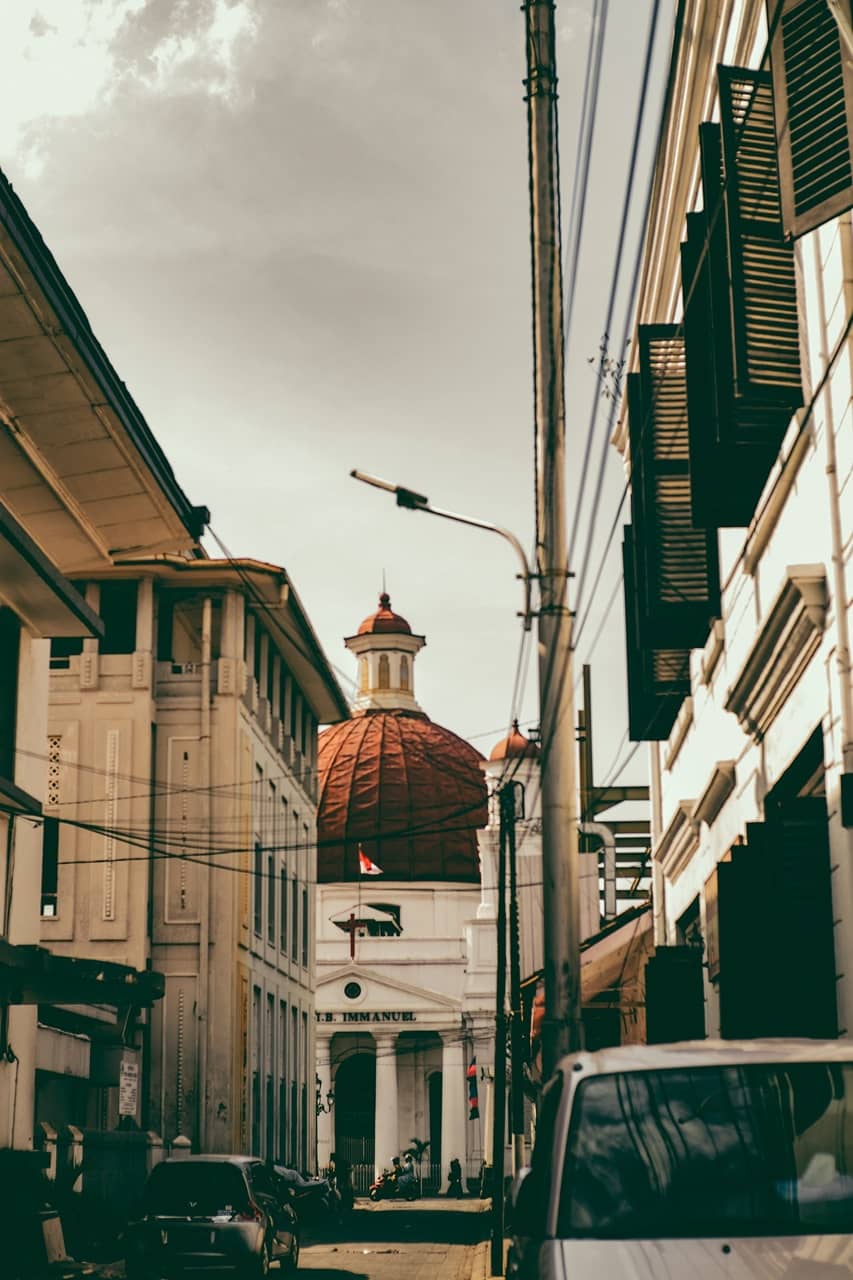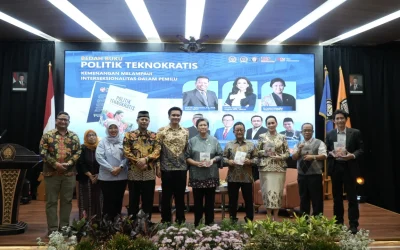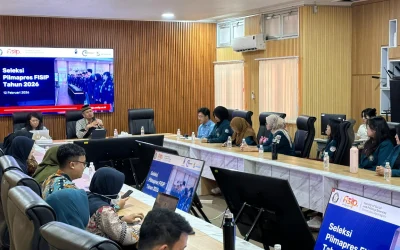Semarang – A recent journal titled “The Analysis of Network Actors in the Policy Implementation of Developing Tourism in Semarang City” reveals significant findings regarding the challenges and opportunities in the development of tourism in Semarang. This study, which employs a network actor approach, indicates that the implementation of tourism policies in the city has not yet been optimal, with the primary issue being a lack of collaboration among key actors such as the government, the private sector, and the community.
The lead author of this journal, Dr. A.P. Dra. Tri Yuniningsih, M.Si., a lecturer in the Department of Public Administration at Universitas Diponegoro who teaches a course on Governance Networks, stated that the findings of the research highlight the importance of improving communication and coordination among all relevant parties. The role of the Semarang City Tourism Promotion Board (BP2KS) was also deemed to be not fully effective in driving local tourism growth.
The study applied the Pentahelix model, which involves five key elements: government, business, academia, society, and mass media. However, it found a lack of trust between these actors, as well as overlapping responsibilities and budget constraints that hinder progress. Furthermore, contributions from the business sector and the community were also considered to be suboptimal.
Recommendations from the study include the need for regulatory changes to strengthen institutions like BP2KS and enhance communication and transparency among all stakeholders. Building a sense of ownership toward the city and fostering a spirit of local pride through cultural activities were also deemed crucial in advancing Semarang’s tourism and making it more competitive compared to other cities such as Yogyakarta and Surakarta.
This journal is expected to make a significant contribution to the planning and implementation of tourism policies in Semarang City and to encourage positive changes in the development of tourism in the region.





0 Comments